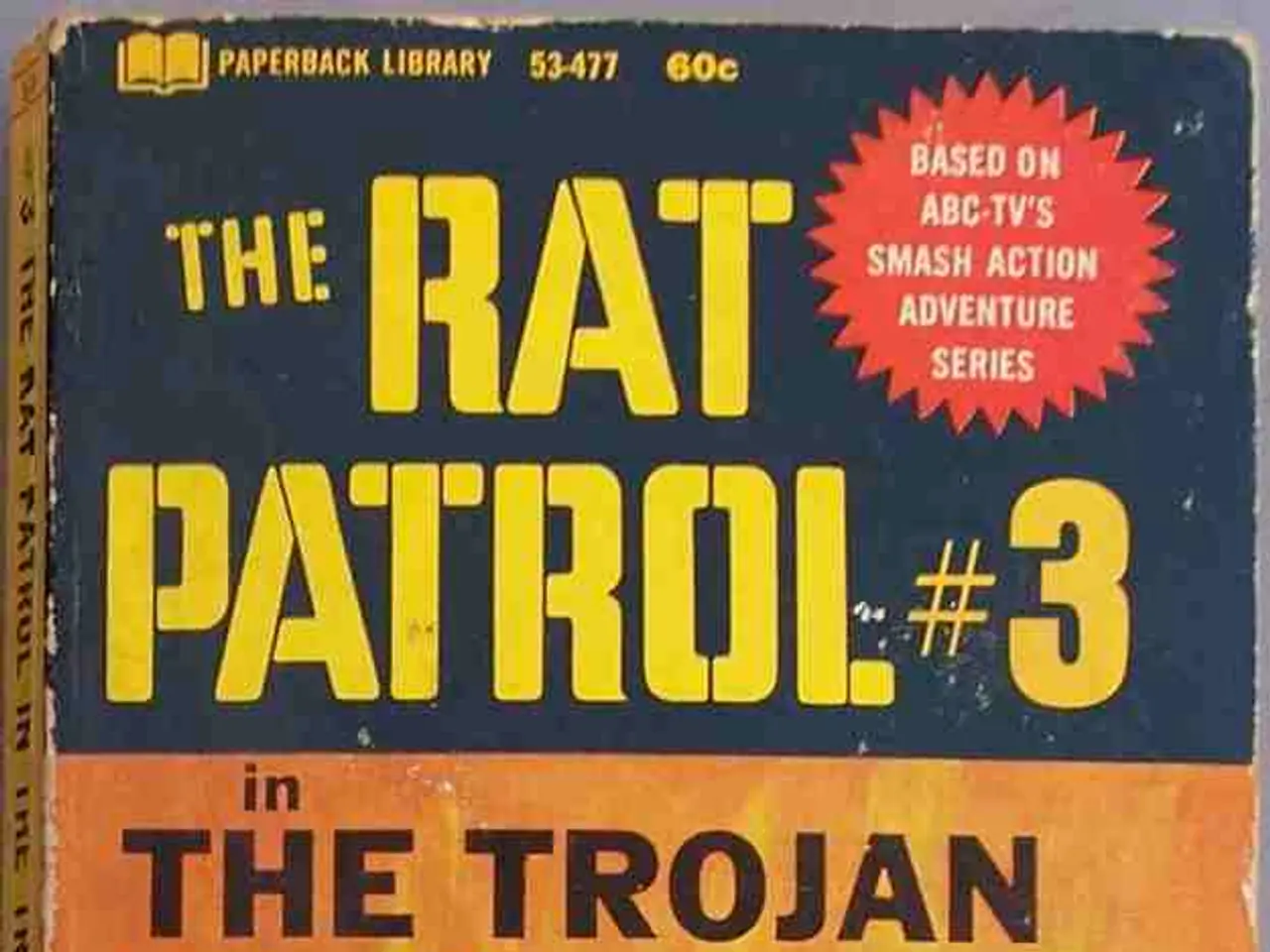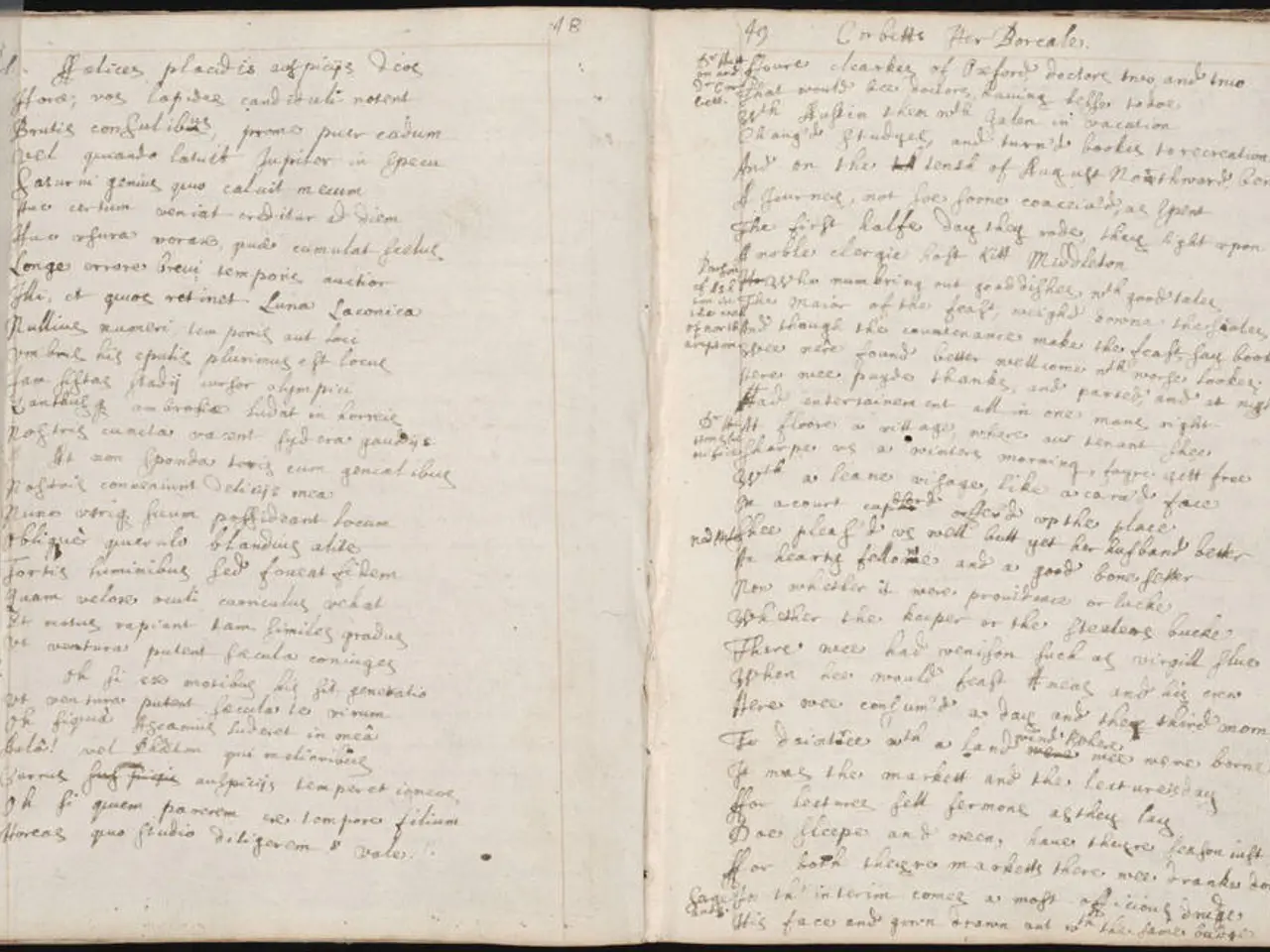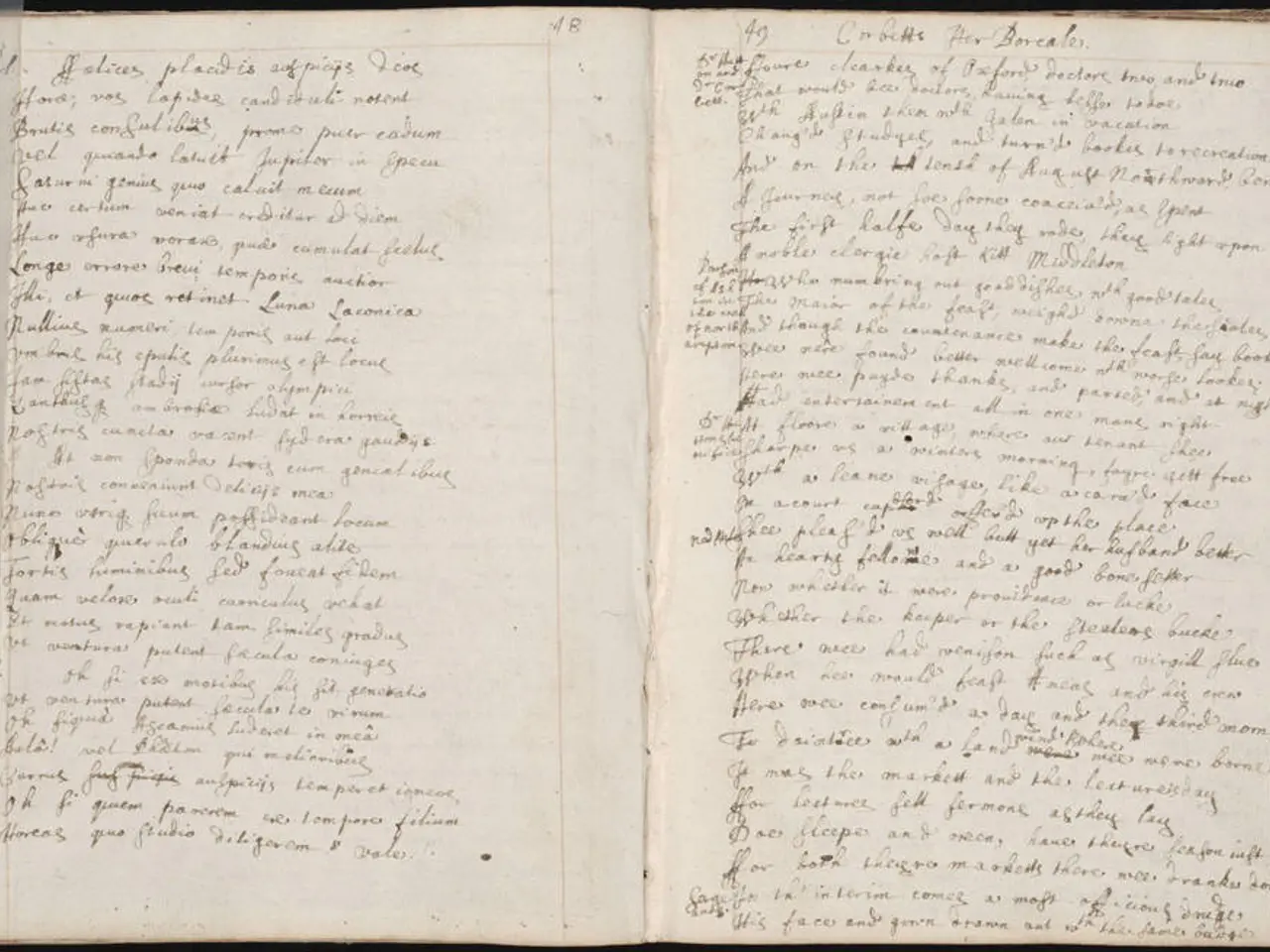Operation Postmaster: An Authentic Tale of History or The True Story of The Ministry of Ungentlemanly Warfare?
In the heart of World War II, a daring and covert operation was executed by the British Special Operations Executive (SOE) in January 1942. Known as Operation Postmaster, this mission targeted Axis ships harboured in the Spanish colonial port of Fernando Po, now part of Equatorial Guinea. The operation was the focus of the 2024 movie "The Ministry of Ungentlemanly Warfare," but it's important to note that the film takes creative liberties with the actual event.
The objective of Operation Postmaster was to capture Axis ships intact, rather than destroy them, with the aim of disrupting Nazi maritime supply routes supporting U-boat operations in the Atlantic. The mission was carried out by a specialist unit known as No. 62 Commando or the Small Scale Raiding Force (SSRF), marking their first operation.
In contrast to the high-action and explosive depiction in the film, the operation was executed with minimal violence and a focus on stealth. The team, led by Gus March-Phillipps, a real historical figure who was later decorated with the Distinguished Service Order, used clever ruses rather than outright violence or explosions.
One of the team members, Anders Lassen, played a significant role in Operation Postmaster. After the operation, Lassen was awarded a Military Cross and later joined the Special Boat Service. He was posthumously awarded the Victoria Cross for his bravery in active service during Operation Roast in 1945.
The captured ships were repurposed to aid the Allied war effort following Operation Postmaster. However, the movie's portrayal of the aftermath is heavily fictionalized, suggesting a court-martial that never happened in reality.
Operation Postmaster was a significant event in the history of covert special operations. It demonstrated the effectiveness of such operations and helped inspire the creation of units like the 30 Assault Unit. The movie, while entertaining, should be viewed as a dramatized and fictionalized account of the event.
The film "The Ministry of Ungentlemanly Warfare" is based on a 2014 non-fiction book titled "Churchill's Secret Warriors: The Explosive True Story of the Special Forces Desperadoes of WWII." Marjorie Stewart, who played a role in Operation Postmaster, later married Gus March-Phillipps but their marriage was short-lived due to March-Phillipps' death. After the war, she pursued a career as an actor and passed away in 1988.
It's worth noting that Operation Aquatint, a mission less than a year after Operation Postmaster, resulted in March-Phillipps' death. This mission aimed to collect information, test Nazi defences, and take a prisoner, via a raid on the coast of occupied France. However, the commandos couldn't correctly identify their target in the darkness, and the operation failed in its execution.
In summary, Operation Postmaster was a clever, low-profile raid that contributed to the Allied effort against Axis naval power in WWII, while the movie "The Ministry of Ungentlemanly Warfare" dramatizes and fictionalizes many elements for cinematic effect. The operation was a significant event in the history of covert special operations, inspiring subsequent units, but the movie should be viewed as an entertaining reimagining rather than a factual account.
The fascinating Operation Postmaster, depicted in the 2024 movie "The Ministry of Ungentlemanly Warfare," was not just a daring special operation, but also an excellent example of entertainment in the form of movies and TV. Contrary to the high-action and explosive portrayal in the film, the operation was executed with minimal violence and a focus on stealth.







